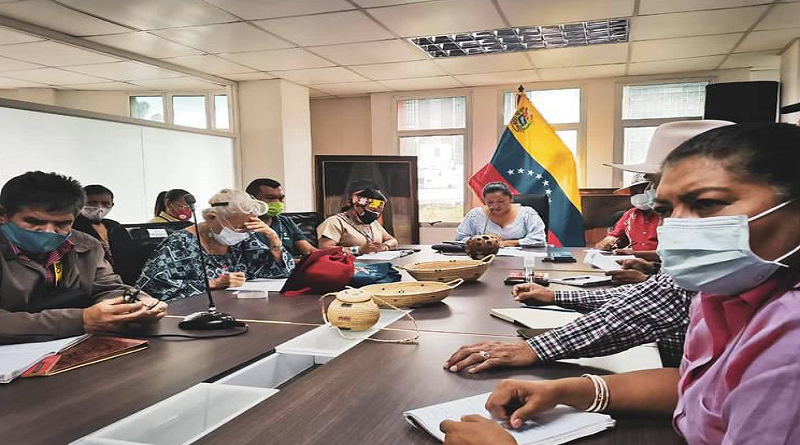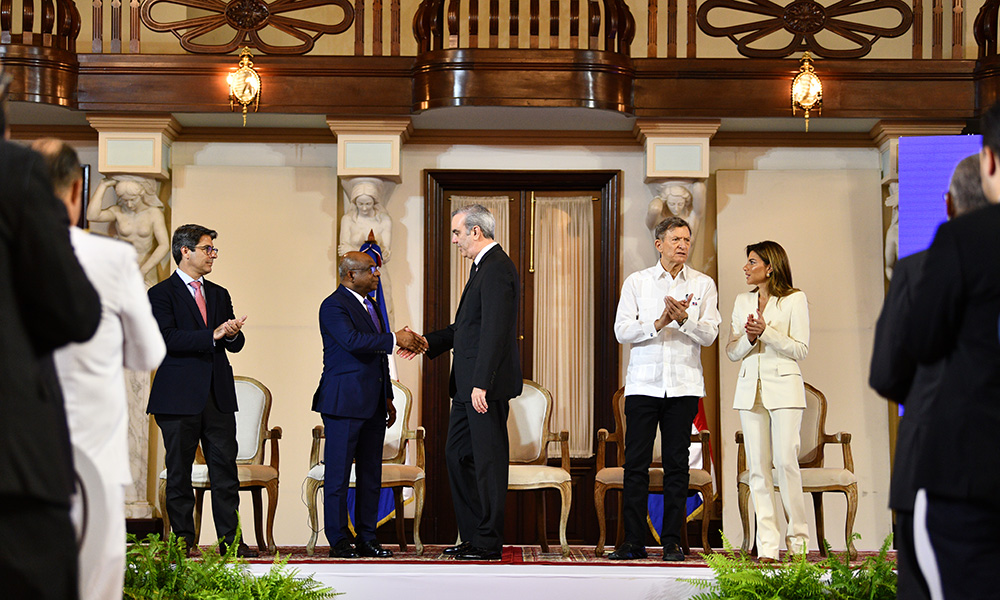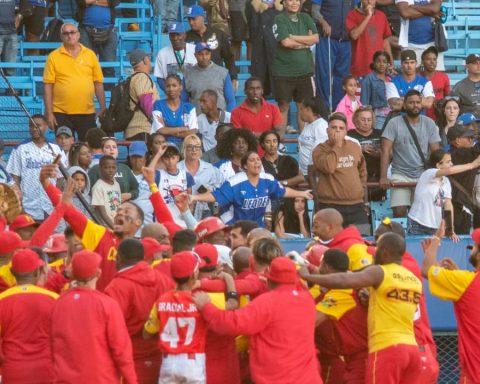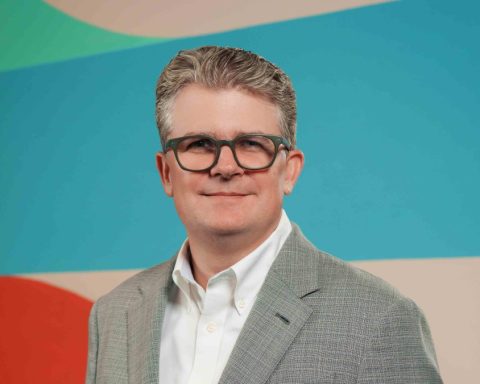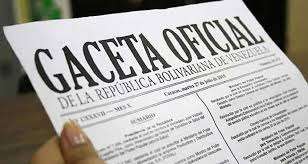Carolina Cosse will seek a trust of up to US$ 50 million to promote public works in Montevideo, one of the weak points of his management due to the fall in income and the priorities that he had adopted in the budget of the Municipality of Montevideo (IM). borrowing will have June 30, 2025 as the maximum term for repaymentwhich makes financing margins narrower, although it exempts it from seeking special majorities in the Departmental Board.
The draft decree to which he agreed The Observer was presented last week to the caucus of mayors of the Broad Front by the director of Financial Resources of the commune, Mauricio Zunino, and the investment coordinator, Pablo Ferreri (former Undersecretary of Economy).
The text, which entered the departmental board this Thursday, will begin a round of talks with the heads of the Budget Commission, in the run-up to the capital’s accountability vote.
The initiative will be approved with the support of the ruling party, after the shipwreck of the loan of US$ 70 million from the IDB for sanitation and cleaning. Despite the rebellious vote of the two Colorado mayors of the Ciudadanos sector –Tulio Tartaglia and Gustavo Facciola–, the opposition refused to raise its hand and dropped what was then emerging as Cosse’s strongest investment in the IM, which involved 25-year debt.
The text proposes allocating the money to “relevant works” for the “development of infrastructure and equipment related to mobility, urban development and environmental development”. The project signed by the mayor also highlights in “the virtues that it would have for the local economy and employment to have, at this time, a boost to investment“.
From the environment of the mayor they understand that the tool would not increase the deficit in the accounts of the commune -which in the last accounting closed at $3,500 million-, and that it would lead to only having around 9% of Sucive income committed.
Lack of public works
The street closures –with several months of delays in many cases– and the traffic congestion were a tonic in the final stretch of the Daniel Martínez administration, with the counterpart of washing the face of the infrastructure in neuralgic points of the city. That shock of works as a workhorse was already almost stopped when Carolina Cosse assumed, with a pandemic that forced her to tighten her belt.
Consulted months ago in an interview with El Observador, the mayor cut short three questions referring to the lack of public works plans so far in her term: “Let’s see,” she answered -or evaded- in each case. At that time, she was just beginning the discussion about the loan of US$ 70 million from the IDB for cleaning and sanitation, which would later founder on the Board.
The failure of what would represent the strongest investment in the period forced the IM to put the pieces back together. First, it was with an alternative environmental plan, with new negotiations with the IDB for the same amount to dedicate exclusively to sanitation and focused bets to replicate some measures of the original project, such as differentiated collection.
In the Broad Front they argue that the financial bet responds to a “suffocation” by the national government to the IM, between the drop in contributions to the municipalities of the periphery and the non-renewal of the Metropolitan Fund, which during the administration of the president Tabaré Vázquez contributed to major works, such as the renovation of Luis Alberto de Herrera.
In the commune they refused to provide details of the works to be carried out before officially presenting it to the councilors of the Departmental Board. The draft decree anticipates that there will be road works, and may eventually incorporate some of the cleaning measures provided for in the IDB loan, although the initiative does not come to supplant the outdated items in the political debate.
As reported The Observerthe administration of Carolina Cosse weighed in its first year of management a similar Capital Fund – US$ 94 million trust promoted by Daniel Martínez in 2016 -, which for exceeding the period forced it to negotiate with the bench of the then opposition leader, Edgardo Novick.
Last year, the leadership of Cosse’s IM sounded out cold opposition support, and ended up ruling out the trust after a similar initiative promoted by the Yamandú Orsi administration failed in its first round in Canelones.
During the budget discussion in Montevideo, the Cosse administration loaded its darts against the economic situation of the Luis Lacalle Pou government, emphasizing the indicators of unemployment and poverty.











